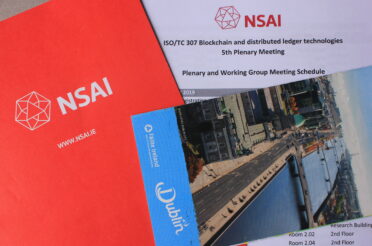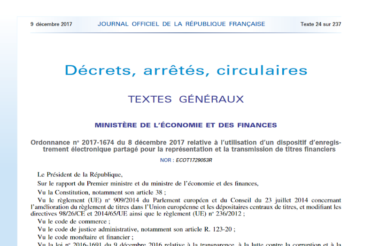In Australia, 17 companies operating in the bitcoin sector have just had their bank accounts closed without explanation. In a series of articles by Paul Smith, The Australian Financial Review reports that Senator Canavan, alerted by the bitcoin companies, has just sent a letter to the Australian Competition and Consumer Commission (ACCC), asking it to investigate these facts to see if these banks have acted in violation of competition rules.
Indeed, in August 2015, a Senate Committee (to which the Senator belonged) had declared that bitcoin and other cryptocurrencies were becoming "mainstream" and should be treated as an ordinary currency for the purposes of taxation on goods and services.
Shortly afterwards, the 17 bitcoin companies received a letter from their bank announcing the closure of their accounts (13 of which were already closed).
Tony Pearson, a representative of the Australian Bankers Association, said that banks were obliged to close accounts if they could not guarantee that the traceability of payments met anti-money laundering and anti-terrorism regulations.
Noting that Australian banks are also exploring the potential benefit of virtual currencies on their own, Senator Canavan is concerned that they are jeopardising the vitality and potential of a vibrant local industry to avoid competition.
The apparent coordinated nature of the decisions made by these banks should also be investigated, he said.
The Chairman of the ACCC has confirmed receipt of the letter and said that he is looking into the request.
The Australian case is reminiscent of the 2011 dispute between Crédit Industriel et Commercial (CIC) and Macaraja.
Macaraja had entered into a trade intermediary agreement with the bitcoin exchange platform MtGox to receive funds paid by MtGox users into its bank account as collateral for transactions between bitcoin buyers and sellers.
The CIC, considering that Macaraja was carrying out operations (abnormal operations relating to the provision of payment services for the benefit of third parties) in violation of the monopoly of payment institutions and without authorisation, had decided to close its bank account.
Following the refusal of the other banks to open an account for it, Macaraja invoked its "right to an account" (Article L 312-1 of the Monetary and Financial Code) before the Banque de France, which designated, at its request, the Crédit Industriel et Commercial to open a new account for it.
Faced with a new refusal by the bank, the Créteil Commercial Court issued summary orders (dated 11 August 2011, confirmed on appeal on 26 August 2011, and 31 August 2011), enjoining CIC, under penalty, to reopen a deposit account for Macaraja pending a judgment on the merits.
On 6 December 2011, the Créteil Commercial Court, ruling this time on the substance of the dispute, declared that Macaraja's activity could be analysed as the provision of payment services outside the legal rules applicable to it. It then recognised the right of the CIC to close the company's account.
This judgment was confirmed by a decision of the Paris Court of Appeal on 26 September 2013, which stated that the activity of Macaraja was that of a financial intermediary subject to the approval of the Autorité de Contrôle Prudentiel, which it had not requested (CA de Paris, pôle 5, ch. 6, 26 September 2013, Macaraja v Crédit industriel et commercial).
Thus, it can be assumed that if Macaraja had complied with the legal provisions and, in particular, had received approval from the Autorité de Contrôle Prudentiel, the decisions of the Court and the Court of Appeal would have been different.
Sources : afr.com/technology/big-banks… – afr.com/technology/senate-committee… – afr.com/technology/accc…
This article was first published in the site: www.bitcoin.fr






